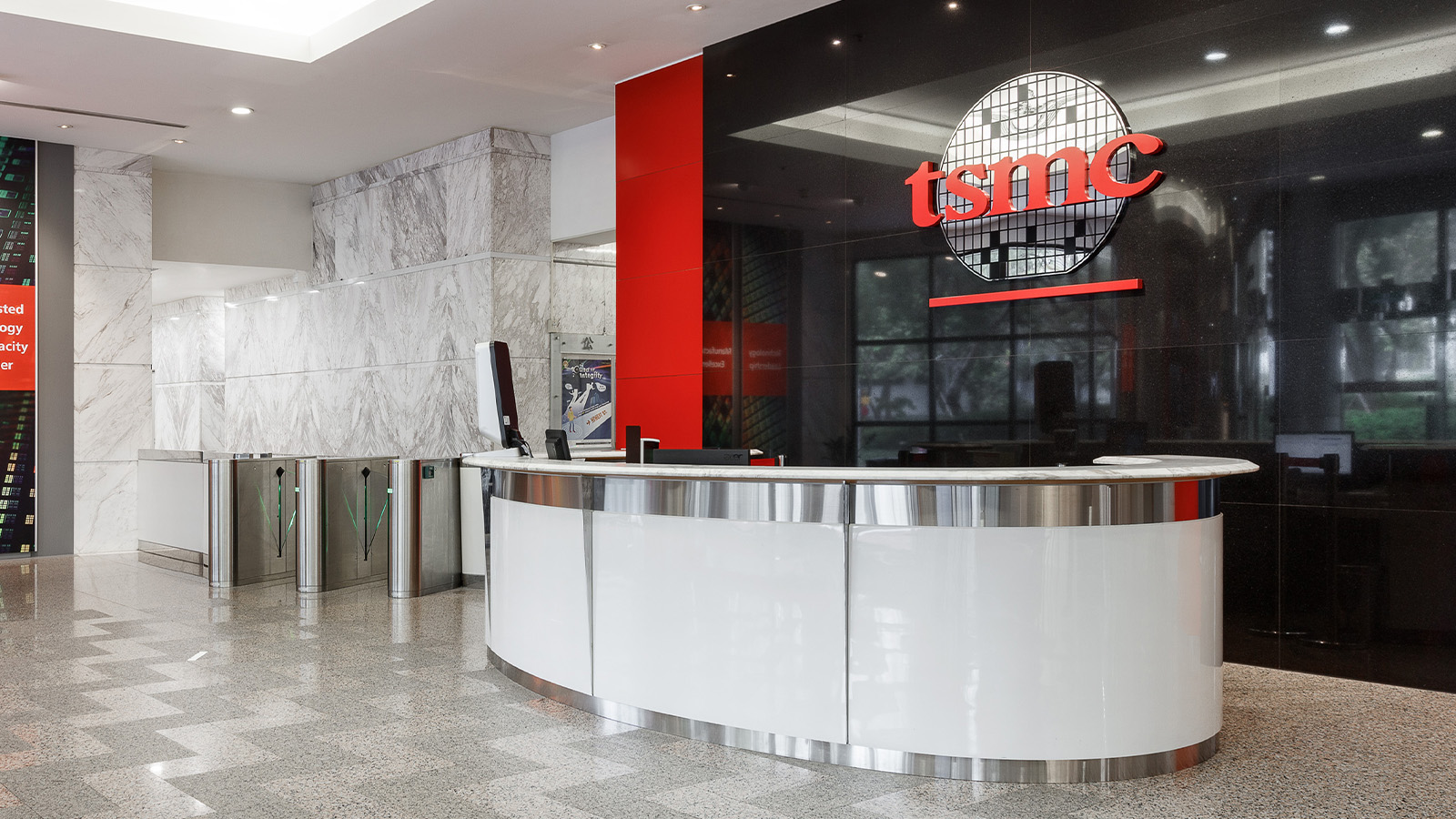
According to a TSMC press release, European Semiconductor Manufacturing Co. (ESMC), a joint venture between TSMC, Bosch, Infineon Technologies, and NXP Semiconductors, has officially begun preparing land for its first fab near Dresden, Germany. This facility will be one of Europe's most advanced semiconductor production facilities that will use process technologies featuring FinFET transistors. Total investment in this project is expected to exceed €10 billion, with significant backing from the European Commission.
The groundbreaking ceremony was attended by key European leaders, including European Commission President Ursula von der Leyen and German Chancellor Olaf Scholz. During the event, President von der Leyen announced that the European Commission had approved a €5 billion funding package to support the construction and operation of the new fab.
Once operational, the Dresden facility will have capacity of 40,000 300mm wafer starts per month (WSPM) using TSMC's 12nm, 16nm, 22nm, and 28nm-class process technologies. By TSMC's standards, a fab with a capacity of 40,000 WSPM is not considered particularly large. The company's Gigafab typically have capacity of 100,000 WSPM. However, since this fab is primarily intended to serve German and Austrian automakers, industrial equipment manufacturers, and IoT companies, its production capacity should be sufficient to meet their needs in the latter part of the decade.
There is a thing to note though. The value of future vehicles will increasingly depend on complex system-in-packages (SiPs) used in self-driving technology and infotainment systems, which is why automakers like BMW, Mercedes, Stellantis, and VAG are heavily investing in their own custom silicon for upcoming vehicles. However, those SiPs and system-on-chips (SoC) require TSMC's latest process technologies, such as 7nm and more advanced. As a result, if they choose TSMC, they will need to manufacture these processors in Taiwan or the U.S. Alternatively, they could opt to use Intel's fab near Magdeburg, Germany, to produce their advanced processors closer to home. Still, it is important to localize at least some chip manufacturing.
The new factory is expected to create approximately 2,000 direct high-tech jobs. Beyond this, the project is projected to generate numerous additional jobs throughout the European supply chain, particularly in the automotive industry, providing a substantial boost to the region's economy.
"Together with our partners, Bosch, Infineon and NXP, we are building our Dresden facility to meet the semiconductor needs of the rapidly growing European automotive and industrial sectors," said TSMC Chairman & CEO C.C. Wei. "With this state-of-the-art manufacturing facility, we will bring TSMC’s advanced manufacturing capabilities within reach of our European customers and partners, which will stimulate economic development within the region and drive technological advancements across Europe."







